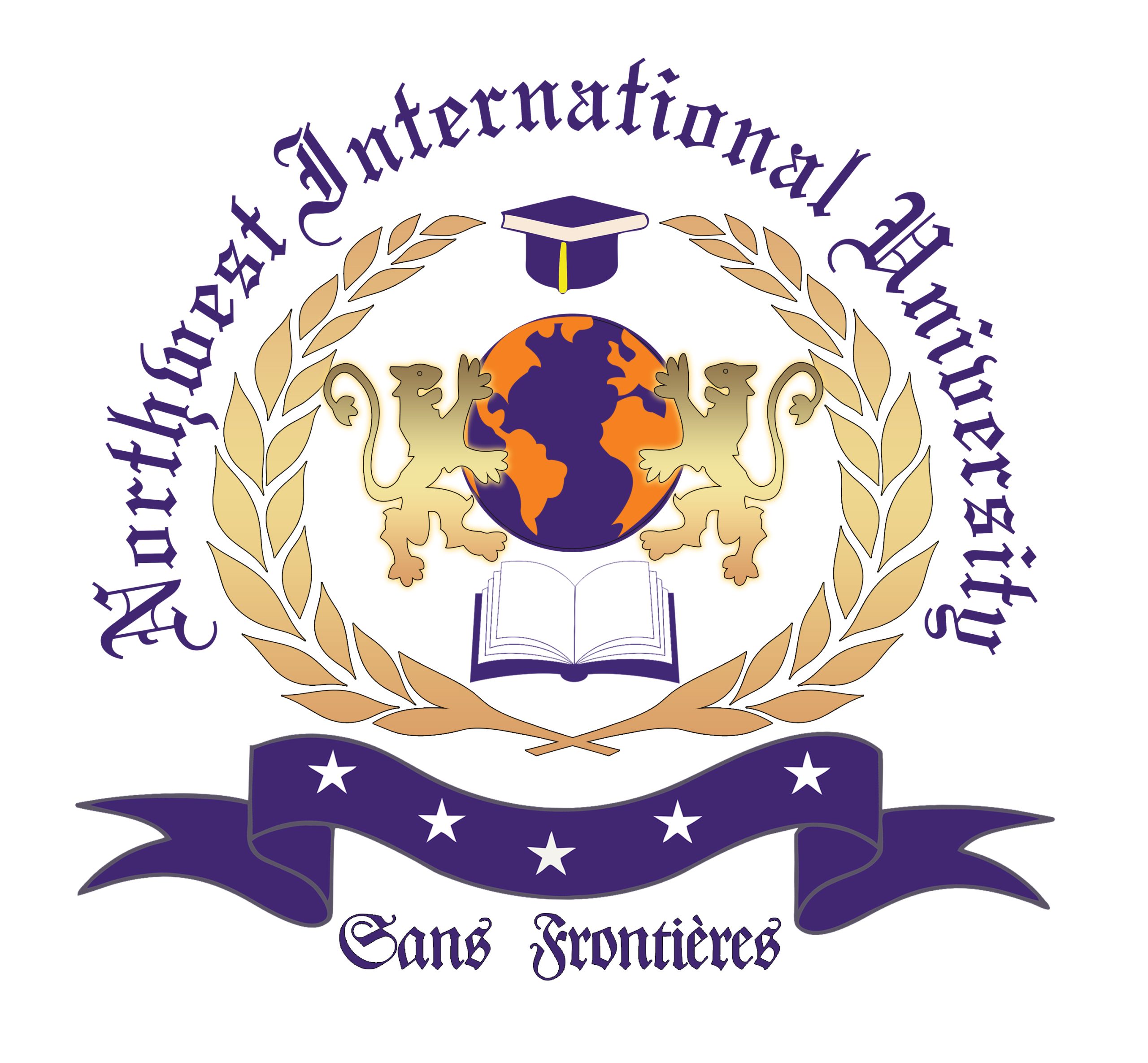School of Accounting and Finance
At Northwest International University, we recognize the growing importance of accounting and financial management training—not only for investment but also for enhancing the management and economic performance of diverse companies and organizations. Accounting focuses on analyzing the economic and financial activities of organizations, preparing detailed financial reports, and organizing essential economic data to support effective decision-making.
The field of management accounting empowers financial managers with the skills to make strategic economic decisions and formulate corporate strategies. Graduates specializing in management accounting often advance to roles such as CEOs, board members, or management and economic consultants working alongside senior executives.
Northwest International University is committed to equipping students with the expertise necessary to excel in the dynamic fields of accounting and finance, ensuring they are well-prepared for leadership roles in various sectors.


Industrial Accounting
Industrial accounting emerged alongside the growth of various industries, particularly during the Industrial Revolution. Understanding the cost of produced goods is crucial for setting appropriate selling prices and ensuring optimal company performance.
As production tools and methods have evolved, industrial accounting has advanced towards sophisticated costing techniques. This progression ensures that costs and the pricing of ready-for-sale goods are determined clearly and with complete transparency, enabling better financial control and strategic decision-making.
Financial Accounting
Financial accounting, also known as reporting accounting, focuses on preparing financial statements to fulfill the needs of various users. Its primary goal is to produce accurate and reliable financial reports based on established accounting principles.
These reports serve the diverse requirements of both internal and external stakeholders by providing essential information that supports decision-making related to investments, contract negotiations, loan offerings, and more


Government Accounting
In recent years, governments have faced increasing complexity in their spending processes, creating a demand for consultants and professionals capable of segregating and managing costs at the macroeconomic level.
Government accounting education aims to train public accountants who can develop accurate budgets for diverse governmental activities and ensure their effective and practical implementation. This field strives to build a foundation for accounting consultants and specialists who operate within the realm of government expenditures.
Management Accounting
Accounting extends beyond simply tracking costs before production begins. Management accounting provides invaluable insights and advice to top executives regarding product and service cost structures, production volumes, implementation expenses, various scales of production, pricing strategies, and the capacity utilization of resources such as machinery.
In essence, management accounting delivers essential information that serves as a critical foundation for company managers to make informed, strategic decisions.


Human Resources Accounting
The career opportunities for accountants are broad and span from entry-level positions to senior management roles. Graduates in accounting can pursue various professions including accountant, auditor, financial manager, tax specialist, bank employee, bank executive, software support specialist, and financial analyst (stock market and investment expert).
Application of Accounting and its Labor Market Situation
Accounting offers a wide range of career opportunities, spanning from entry-level positions to top executive roles. Graduates with accounting expertise can find employment in diverse fields including accounting, auditing, financial management, taxation, banking, software support, and financial analysis — especially in stock market and investment sectors.


Career Future in Accounting
Graduates employed by large corporations have opportunities to work in specialized resource management or information systems departments, as internal auditors, or handling financial planning and control tasks. They may also be responsible for budgeting, analysis, forecasting, and strategic planning. With sufficient experience, graduates can advance to senior roles in financial management and auditing, providing critical support to organizational leadership.
At Northwest International University, students interested in accounting and finance can pursue their goals through two pathways:
A – Participate in short-term training courses that provide specialized certificates in accounting and financial sciences. Enrollment is available through direct contact with university campuses in various countries.
B – Obtain a university degree by registering through the PLAR system. After evaluation and admission processes by the university’s accreditation and admissions faculty, students are supported throughout their academic journey, including opportunities to achieve advanced degrees in collaboration with Northwest University in the United States.
Accounting Curriculum Highlights
Financial Accounting
Managerial Accounting
Industrial Accounting
Governmental Accounting
Auditing Principles and Practices
Taxation and Tax Planning
Accounting Information Systems
Financial Statement Analysis
Cost Accounting and Cost Management
Corporate Finance
Accounting Ethics and Professional Standards
Budgeting and Forecasting
Payroll Accounting
Human Resources Accounting
Forensic Accounting
Accounting Law and Regulations
International Accounting Standards (IFRS and GAAP)
Strategic Financial Management
Accounting Software and Technology Applications






